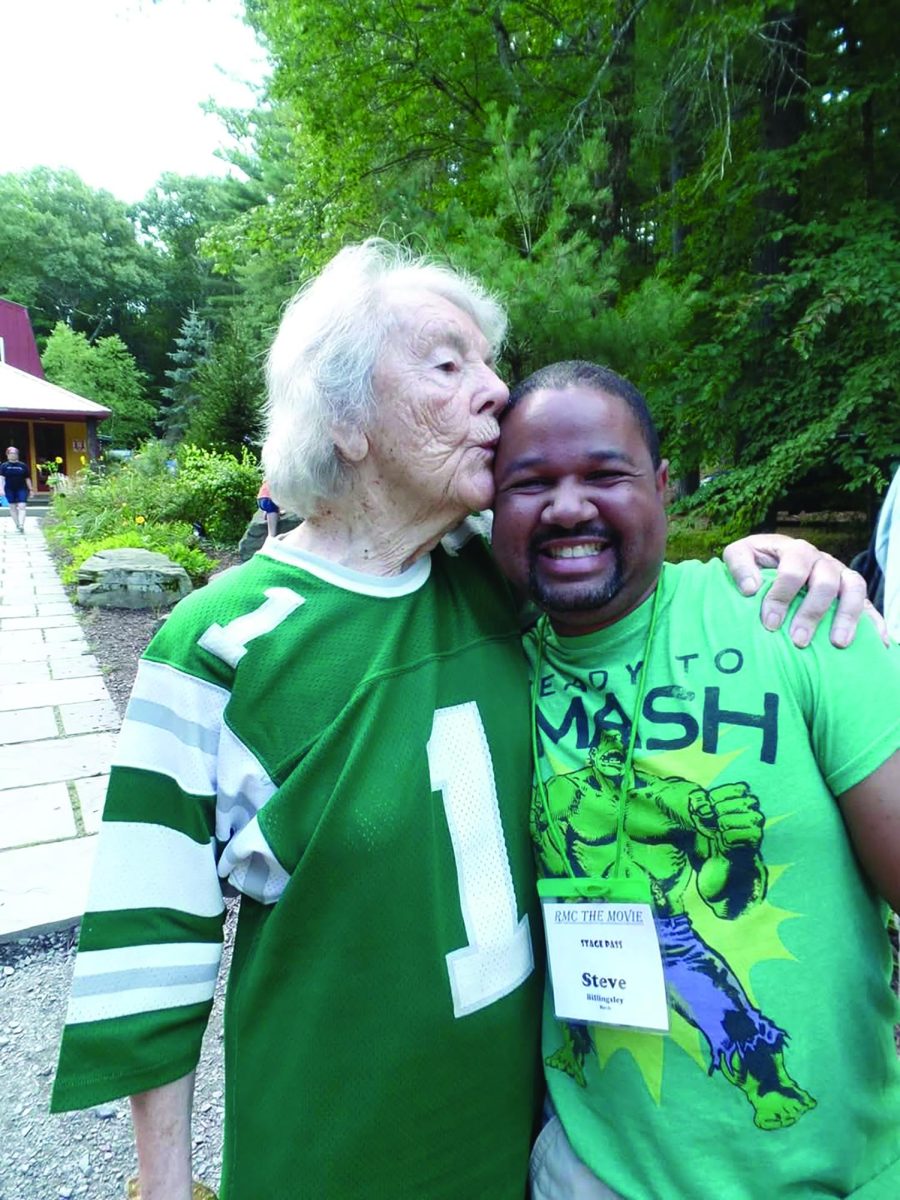Due to the challenging puzzles, word games such as Wordle and Connections created by The New York Times compel users to come back and play each day.
According to social studies teacher Nicole Harner, the game Connections, which Harner recently discovered, has caught her attention after years of playing Wordle. Harner often plays both Wordle and Connections everyday.
“I just enjoy it,” Harner said. “It’s a way to decompress and have a few minutes of quiet to think about something besides what I teach.”
Harner believes that games similar to Wordle and Connections make other users keep coming back because of the challenges they need to conquer, as well as a moment of silence and some time to themselves to escape reality.
According to Harner, Connections is more difficult than Wordle.
In Connections, players need to match the words with the category while in Wordle, players need to guess the word correctly within six tries.
Freshman Rhylie Hernandez also agrees that New York Times games have kept her coming back to the site for multiple years.
Hernandez said these games caught her attention for several reasons
For the most part, they caught her eye because there is always something different to solve.
“It’s an entertaining puzzle that changes every day,” Hernandez said. “I love the fact that you can also compete with your friends and family.”
The competition keeps Hernandez coming back everyday.
According to Hernandez, Wordle has also expanded her vocabulary along with her knowledge and she feels that Connections has helped her grow.
“Playing Connections has made me challenge myself,” Hernandez said. “It also made me think outside of the box more often.”
Freshman Mackenzie Smith enjoys The New York Times games for a different reason.
Smith plays numerous of the New York Times games, including Wordle, Connections, Spelling Bee and Mini Crosswords.
Smith said that she loves the amount of time it takes to complete them and how it does not take much time out of her day, while she also focuses on keeping and maintaining her daily streak.
Word games have kept Smith entertained, especially during her free time before and after class.
“Before class, I always play Connections and then Wordle to maintain my daily streak,” Smith said. “It’s almost part of my daily routine.”
Smith said that because these activities are very quick and simple, people do not need to spend that much time and attention towards the games
This makes playing these games a simple, quick and challenging atmosphere to come back to.
Word games affects consistent users
In order to get users to come back, The New York Times creates a difficult, yet fun game environment. Word games have many students and teachers returning to them time and again.
Intellectual gaming… Freshman’s Rhylie Hernandez (left) and Mahrin Hassan (right) enjoy playing their daily round of New York Time’s Connections.
0
More to Discover
About the Contributor
Emma Caputo, Staff Writer







